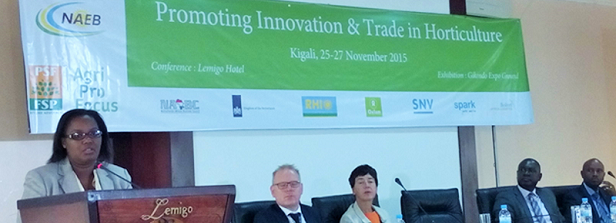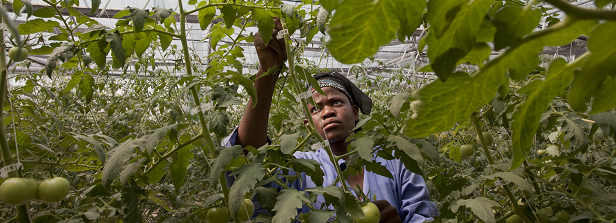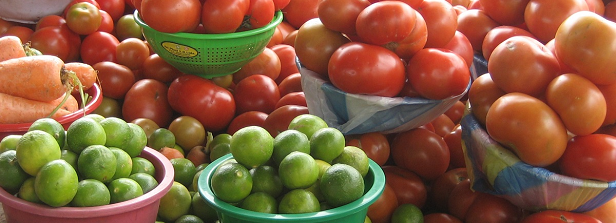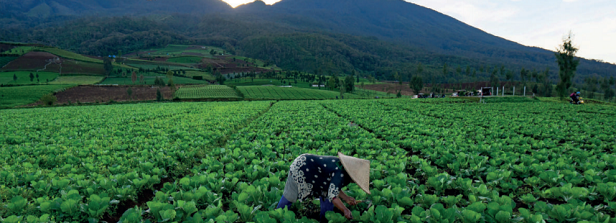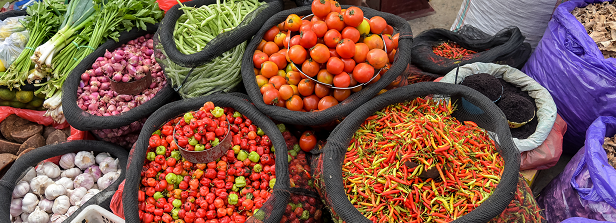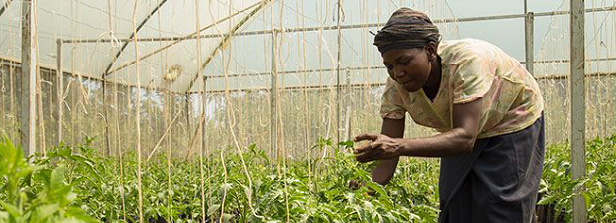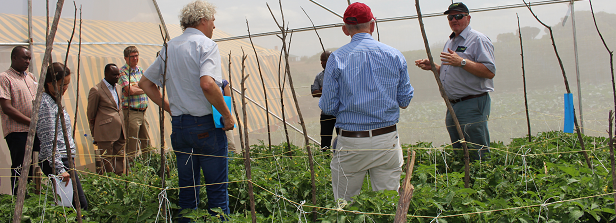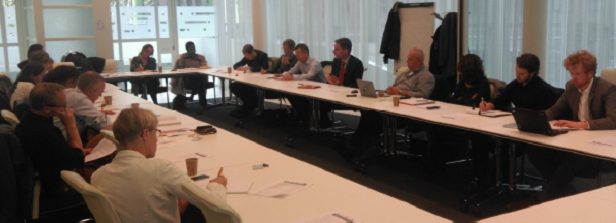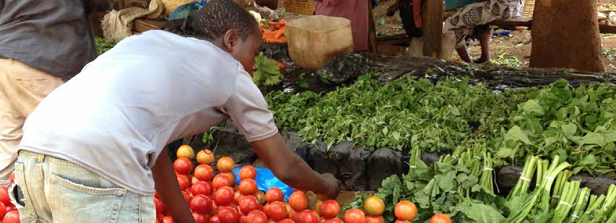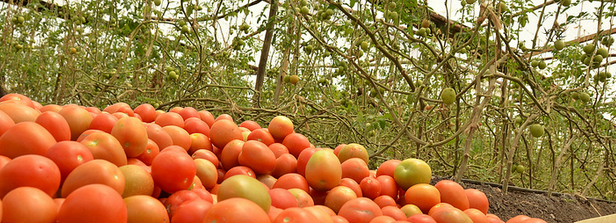Valuable Vegetables for healthier diets
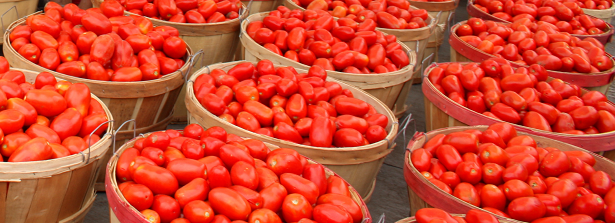
Impact of the vegetables sector on SDG2
Contributing to a stronger horticultural sector in low- and middle income countries is among the key strategies of the Dutch agenda for global food and nutrition security. The sector is full of business potential, including for young and female entrepreneurs, it can boost agricultural sector transformation in general, and it can help advancing nutrition outcomes and climate resilience. In the past few years, a range of Dutch public and private initiatives and investments have been realised in this sector in partnership with sector actors in Africa, Asia and other regions. Gradually, results are becoming visible and programmes and investments are adapted further according to the context, the experiences and the lessons learnt.
Initiative to increase impact in the horticulture sector
Companies and other stakeholders active in the horticulture (vegetable) sector, can tap into the lessons from earlier interventions and innovations in the sector. This helps them to improve their practice, their entrepreneurship, their programmes, their policies, and hence deliver more results. Key Dutch stakeholders who have been involved so far, to different extents, are the Ministries of Foreign Affairs and of Agriculture, Nature and Food Quality as well as the embassies, Top Sector Horticulture and Starting Materials, Wageningen University & Research, SNV, various seed companies, Solidaridad, Kenlog, and companies active in World Horti Centre. In parallel, key horticulture stakeholders in Ethiopia, Kenya and Rwanda were engaged via the AgriProFocus network.
The Food & Business Knowledge Platform (F&BKP) and AgriProFocus (together the future NFP) facilitate application of innovative ideas and good horticultural practices in other contexts and countries, which enhances the potential to scale successful interventions. Impact is promoted through the collaboration between Diamond stakeholders and through a focus at system level solutions. The latter implies amongst others that challenges such as food safety or ‘getting the basics right’ are tackled as system issues. And that inclusiveness of value chains is integrated, and that collaboration with consumers is part of the change agenda (source: learning event SNV/WCDI on systemic change in the horticulture sector).
The future NFP will build on a synthesis study of Dutch horticulture programmes and investments, which was commissioned by F&BKP in 2019, and which is expected to be published early 2020.
Country ownership and solutions
Dutch horticulture sector knowledge is appreciated by stakeholders in other countries. The initiative will combine country level learning about innovative solutions by country based Diamond practitioners (including key horticulture programme staff), with global level exchanges about these solutions, and thereupon foster practical action by sector actors at different levels of scale. The innovative solutions are embedded in the local context and encompass opportunities for local business solutions.
Future activities
Building on the preparatory dialogues facilitated by the Food & Business Knowledge Platform and AgriProFocus during 2019, and the synthesis study of Dutch horticulture programmes and investments, several co-creation and coalition building activities are planned for 2020. In the Netherlands and in various African and Asian countries, exchange activities are foreseen, which discuss the results of the synthesis study and other more specific challenges in the horticulture sector (including food safety, the challenge of human capacity development, and the ambition to achieve system change as a sector). When there is an interest among stakeholders, small and pragmatic coalitions can be built around particular practical challenges. The coalitions may be the result of earlier programmes or cooperative actions. The members own the search for applicable innovations, based on their interest to solve the challenges at hand. The future NFP will stimulate, facilitate and support existing and new coalitions, with knowledge and experiences from other places.
